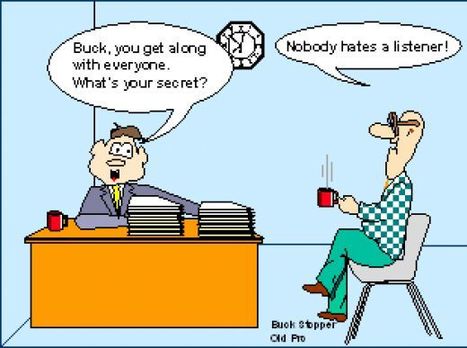Understanding cultural differences isn’t easy, even when you’ve lived in many different countries (disclosure: I’m a Brit, grew up in Southeast Asia, lived and worked in Switzerland and the US, and now live and work in France). Just when you think you’ve got a culture nailed, something happens that your mental model hasn’t predicted.
Americans, world-famous for candor and directness, struggle when it comes to giving tough feedback, even when it’s needed. The French, on the other hand, who are famous for their insistence on good manners (just feel the vibe when you forget to say bonjour to your boulanger), revel in their harsh critiques. Paradoxes like this crop up all the time, and obviously they’re a good source of anecdotes. But in a business world that increasingly relies on culturally mixed workforces and teams, they’re also recipes for failure.
Via The Learning Factor



 Your new post is loading...
Your new post is loading...












See how countries differ along 8 dimensions -- and where miscommunications are most likely to occur.